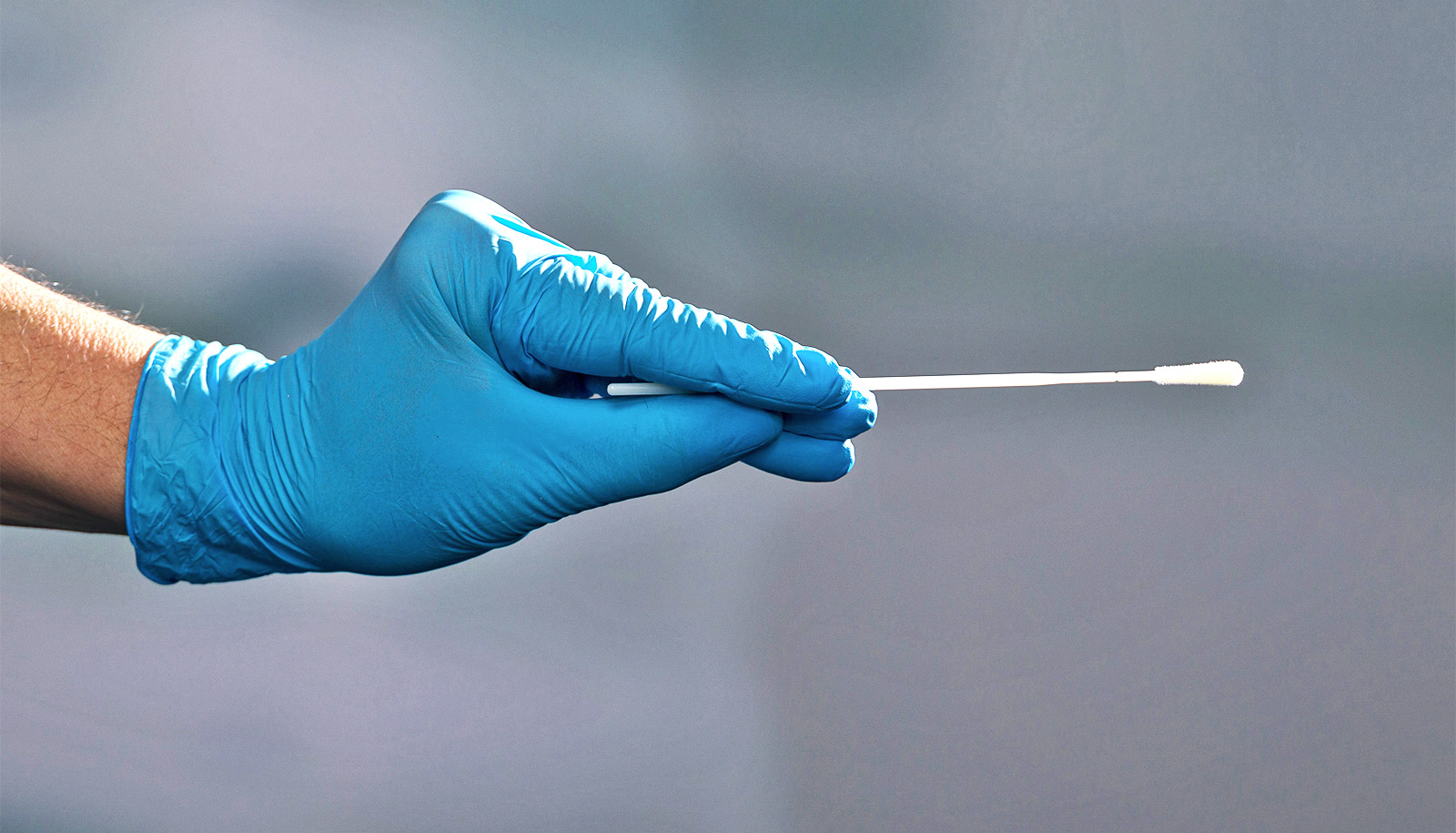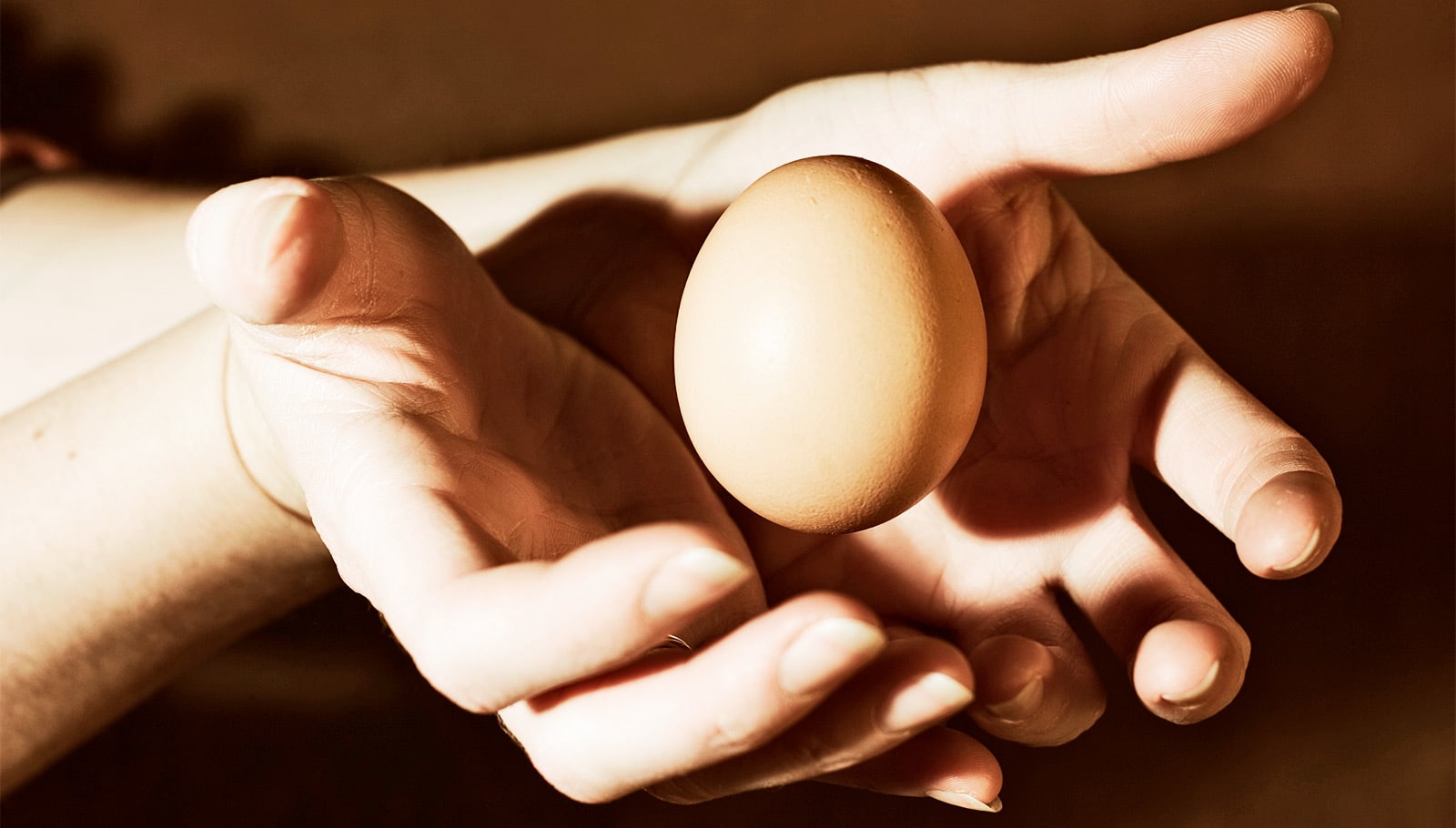A new way to calculate so-called “bad cholesterol” levels in the blood could eliminate inconvenient pre-test fasting for most people, a new study shows.
The method of estimating a patient’s LDL, or low-density lipoprotein, is significantly more accurate than the old one in people who eat before blood is drawn, researchers say.
“Although the new LDL calculation method is a bit more complex, the beauty is that it can be performed using information that is already collected in the blood sample for the standard lipid profile and automated in the lab’s computer system to give a more accurate result,” says Seth Martin, co-director of the Advanced Lipid Disorders Center and assistant professor of medicine at the Johns Hopkins University School of Medicine.
“Since non-fasting samples are now accurate, it’s more convenient for patients because they can come in anytime and don’t need to return for a second appointment if they have eaten.”
Martin and colleagues developed the new method in 2013. Other researchers in the United States and abroad have also found evidence for its greater accuracy.
Even with the new method, fasting yields even more accurate LDL results than eating before the test, researchers say. The differences with the newer method, however, are likely not clinically meaningful in the vast majority of cases.
For the study, that appears in Circulation, researchers compared the accuracy of the new LDL calculation method with the Friedewald method, developed in the late 1970s.
Martin’s team showed in 2013 that the Friedewald method underestimates LDL cholesterol levels, particularly in people with high triglycerides—fatty acids that tend to be higher in obese people and diabetes patients.
Triglyceride levels increase after eating. The Friedewald method was developed based on blood samples of people who had abstained from eating within hours before their blood was drawn. Fasting has remained a requirement for the calculation.
The Friedewald calculation is total cholesterol minus high-density lipoprotein—or “good” cholesterol—minus triglycerides divided by five. That equation applies a one-size-fits-all factor of five and does not take into account variations among individuals.
The new method uses a chart with 180 different factors to individualize a patient’s results, more accurately estimating LDL cholesterol. This calculation is total cholesterol minus HDL cholesterol minus triglycerides divided by a specific value from the chart.
The test doesn’t take any longer than the old and costs the same.
Researchers used data from a clinical repository at Johns Hopkins, drawing on information from more than 1.545 million patients. About two-thirds had fasted 10 to 12 hours before a blood draw, and a third had not. The laboratory directly measured total cholesterol, HDL, LDL, and other cholesterol components. The same laboratory measured triglycerides using a standardized assay.
New cholesterol drugs might target this protein
Investigators compared fasting and non-fasting estimates using the Friedewald and new methods to the actual measured value of LDL cholesterol. In the real world, labs traditionally estimate cholesterol levels because direct measurement using ultracentrifugation is relatively expensive and time-consuming,
For the final analysis of 127,741 participants with LDL less than 70 milligrams per deciliter, non-fasting accuracy with the new method was 92 percent compared to 71 percent using the Friedewald method.
With the Friedewald method, readings for about 30 percent of non-fasting participants were off by more than 10 milligrams per deciliter. The comparable number with the new method was only 3 percent.
Too much ‘good’ cholesterol linked to early death
Researchers say that pre-test fasting may still be important for certain patients: those with high-risk of cardiovascular disease whose treatment might change based on a small inaccuracy in the LDL cholesterol calculation, those with a triglyceride disorder, or those who need to fast for other types of tests such as blood sugar.
The David and June Trone Family Foundation funded the study. Martin and coauthor Steven Jones are inventors of the new method, which Johns Hopkins has licensed to Quest Diagnostics. Martin is also a paid consultant to Quest. Johns Hopkins oversees the arrangement under its conflict of interest policies.
Source: Johns Hopkins University



